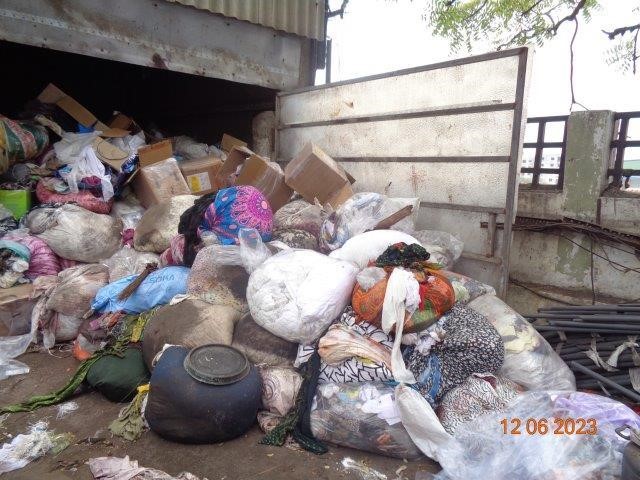Found 1 results
Open Access
Article
31 May 2024Solid Waste Recycling in Textile Processing Industries: A Case Study of India’s Clothing Hubs
This study investigated the type and amount of solid waste generation from textile wet processing industries and analyzed the disposal and recycling strategies implemented for its utilization. The method involved industrial interactions with textile processing mills. Data was gathered based on a field survey of manufacturing units and their compliance management teams. The solid waste generated in textile processing stages against input raw materials and fuel sources was recorded. The challenges in recycling solid waste are identified and further scope for its valorization is suggested. The results indicate that significant solid waste produced during the wet processing of textiles arises from waste fabric cuttings, combustion of fuels used in processing stages, and sludge generated from the post-effluent treatment. Around 80% of solid waste generated during the wet processing of textiles can find applications in the construction industry. Effective management of solid waste and its potential applications in construction are elaborated in detail.
